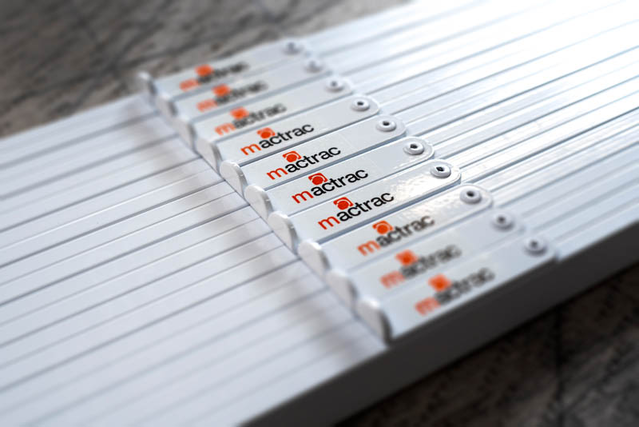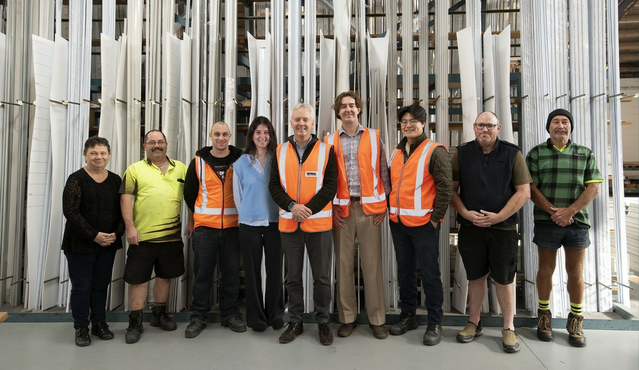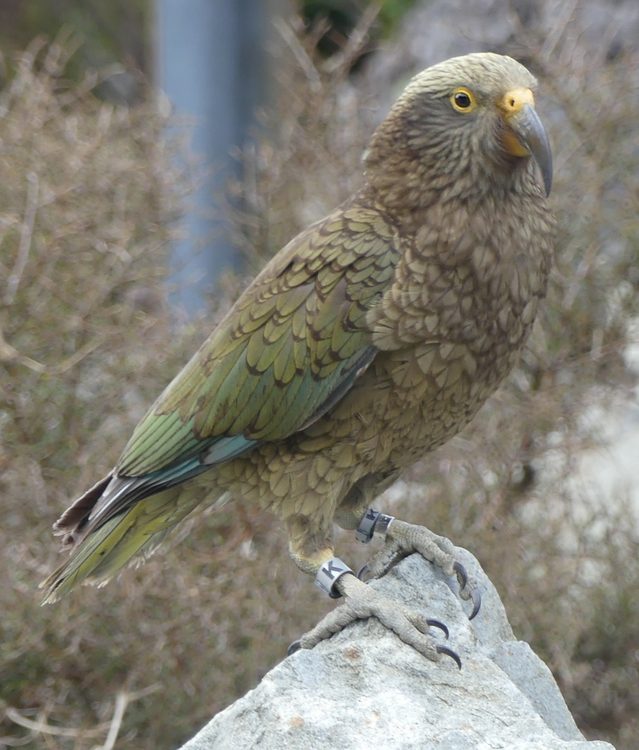

About Tetral
Tetral is a household name in New Zealand and Australia, well known for designing long-lasting, innovative and beautifully crafted products which are distributed through our six subsidiary brands.
From louvered vents to shower curtains, our products can be found in homes, commercial environments, and healthcare facilities across the country.
We are a Christchurch based company and act with integrity and respect to all our customers, staff, and suppliers. Our loyal staff are the back bone of the company, most have long service records. One has over 45 years with the company!

Tetral Community
As a proudly New Zealand owned and operated company, Tetral is committed to supporting community partners who are working to make a difference in Aotearoa. We believe New Zealand is special, and nothing exemplifies that more than New Zealand's unique native wildlife, which is why at Tetral we are passionate about protecting them.
Tetral Industries are proud supporters of Kea conservation effort through the Kea Sightings Project. The Kea Sightings Project works closely with the Kea Conservation Trust, Arthur's Pass Wildlife Trust, and the Department of Conservation to run the Kea Database. Tetral first sponsored 'Mactrac' in 2017, pictured to the left. Mactrac was sighted as a fledgling, where Mark Brabyn banded and photographed the young bird. Tetral Industries recently affirmed their support for Kea conservation by sponsoring our second Kea 'Airflo'. Airflo is a Wanaka native, residing in Matukituki Valley. Airflo was most recently sighted on 15th February 2022 up Rainbow Stream.
Kea are a species of alpine parrot, native to the South Island of Aotearoa. They are colourful characters, most well-known for being cheeky companion to climbers but are a critical species for alpine flora seed dispersal. Unfortunately, these adorable avians are a threatened species, classified by DOC as Nationally Endangered, with the population estimated to be between 3000-7000. Kea are especially vulnerable to predation from rodents and cats who attack easily accessible nests that are dug into the ground.